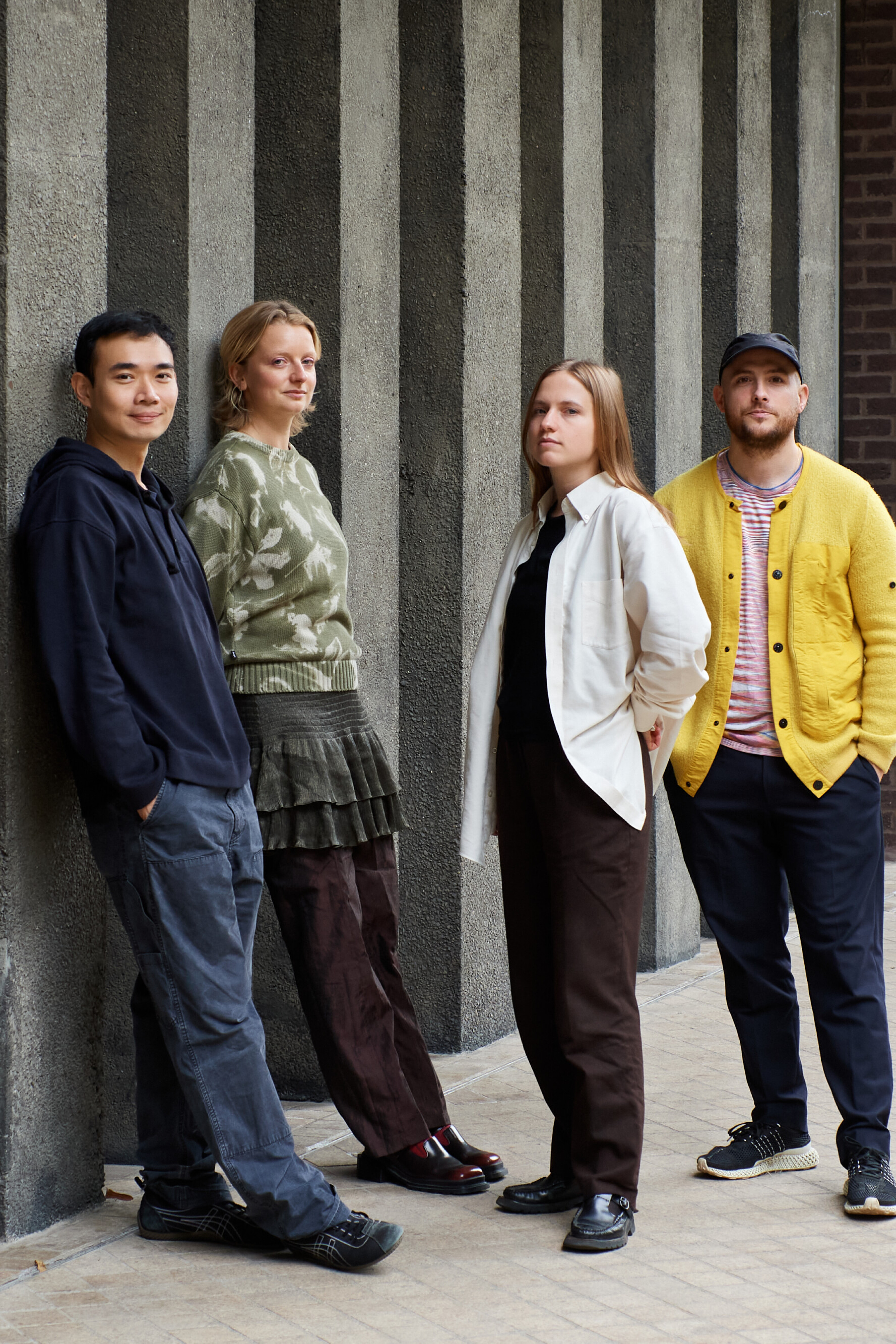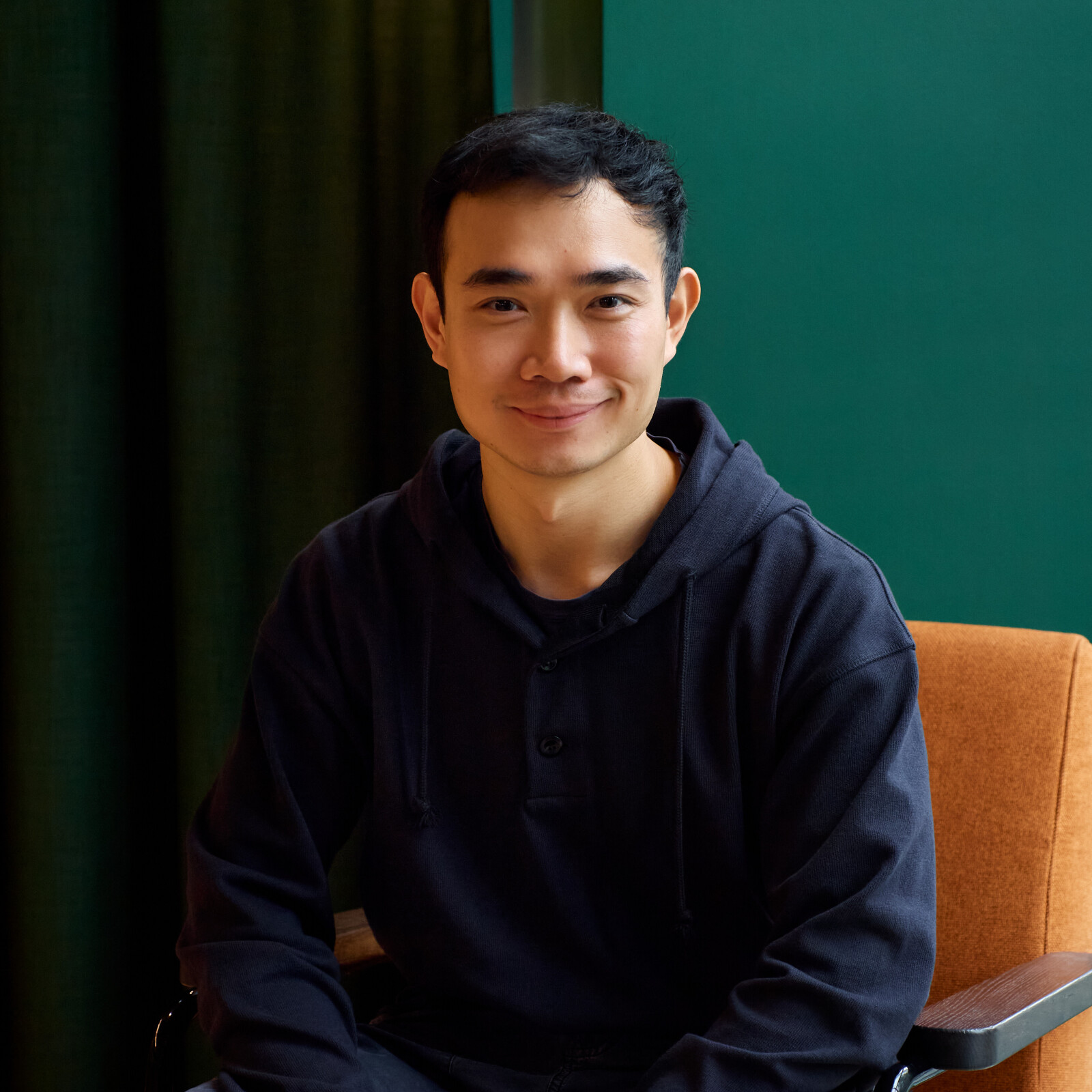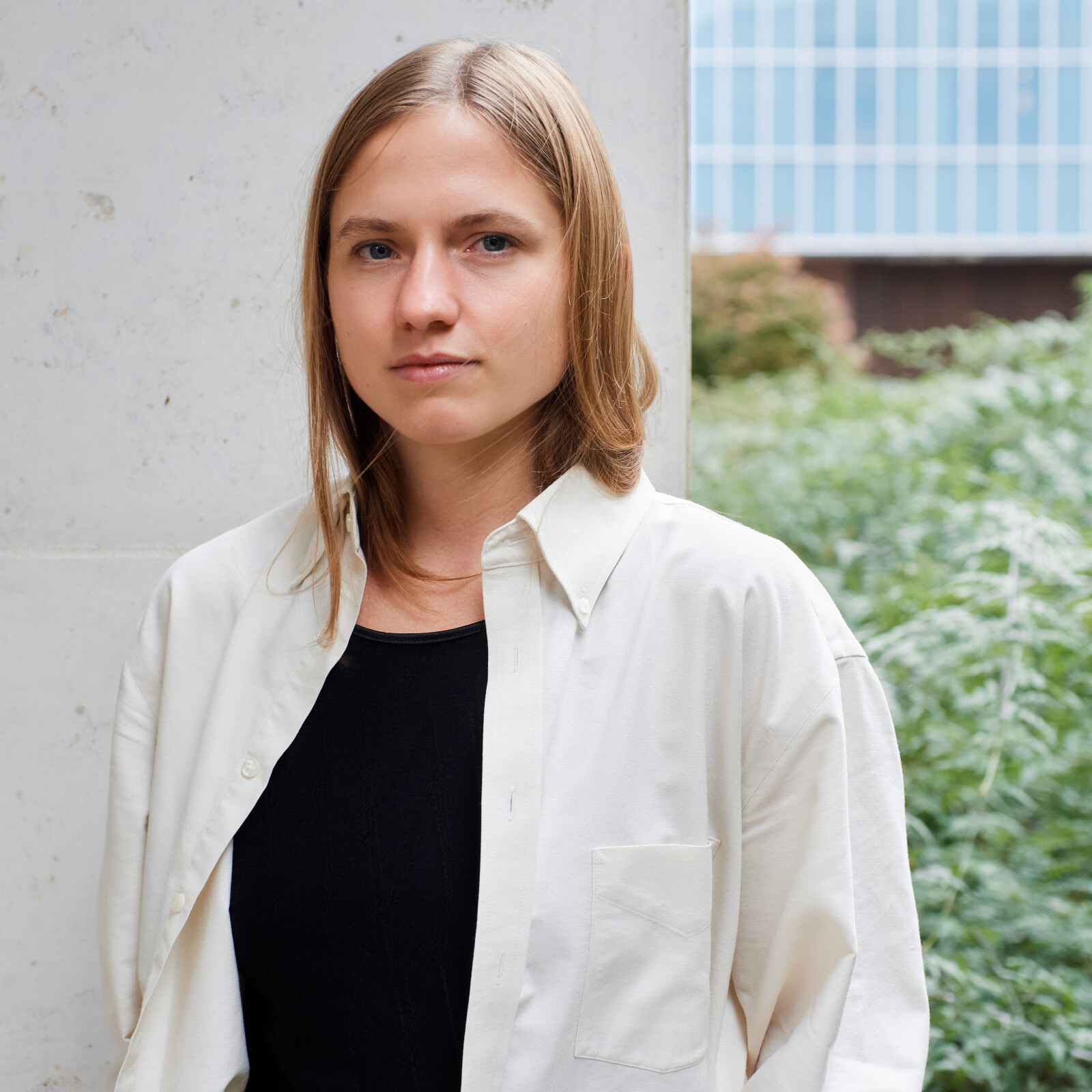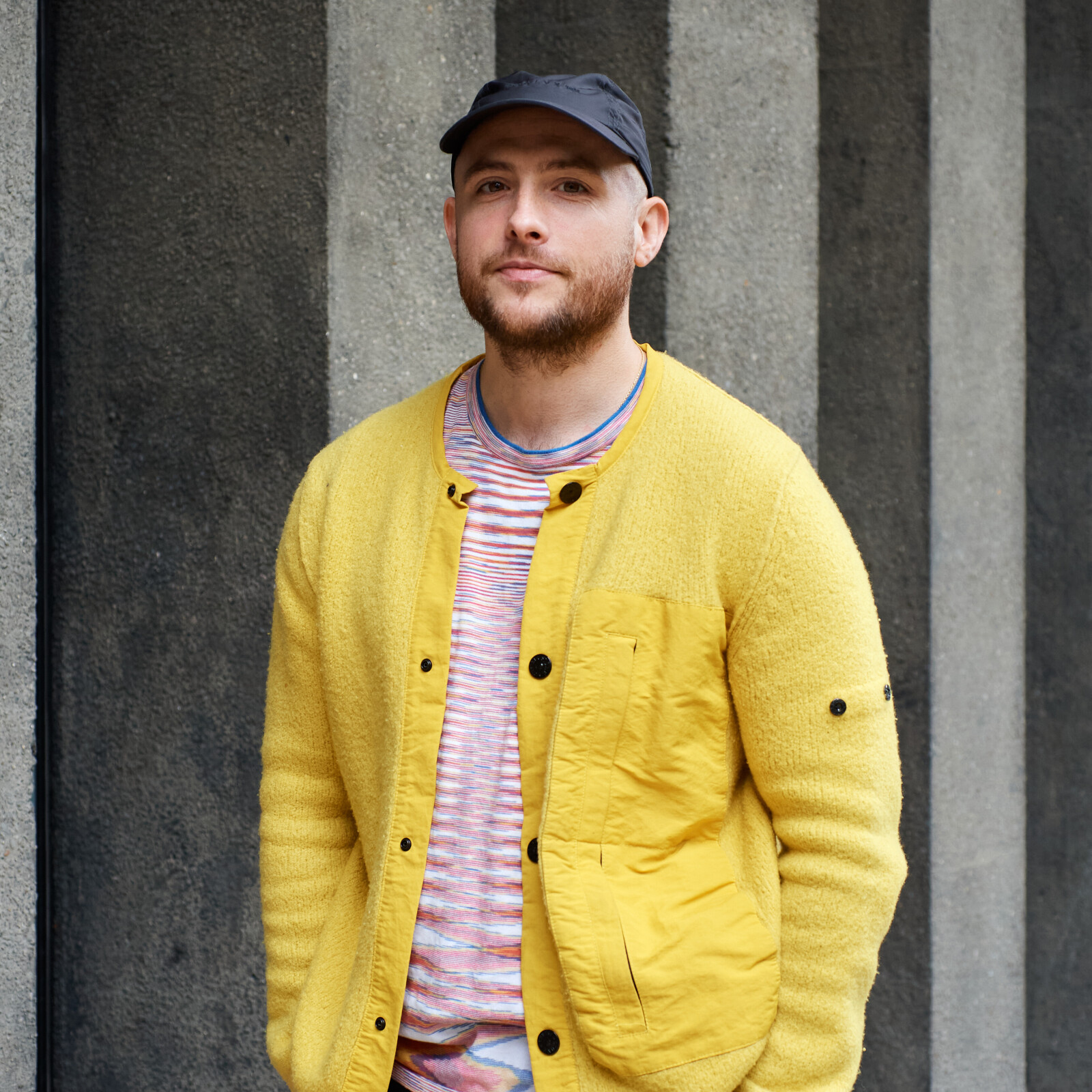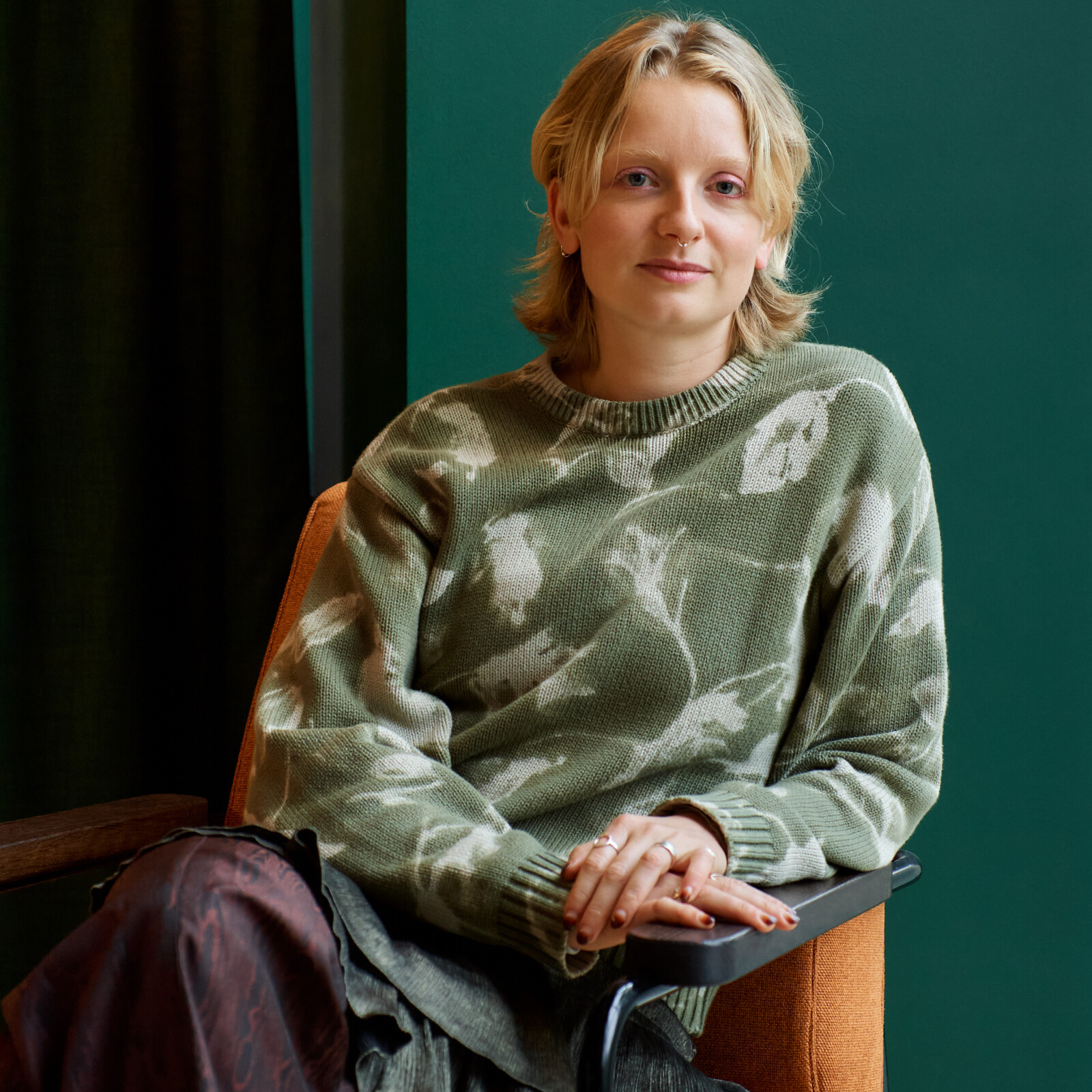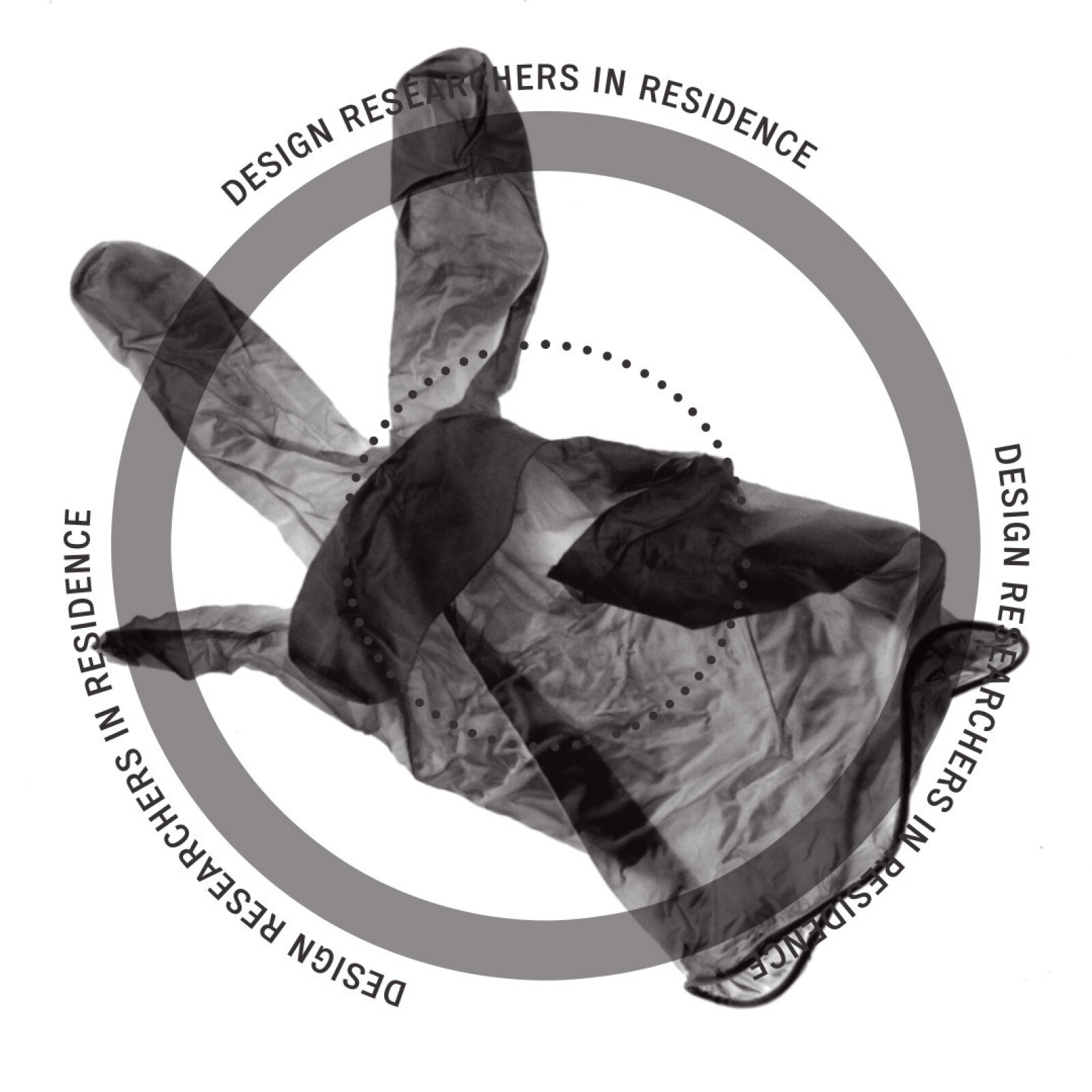Future Observatory and the Design Museum are excited to announce a new cohort of Design Researchers in Residence who will spend the next eight months developing research projects that respond to the climate emergency.
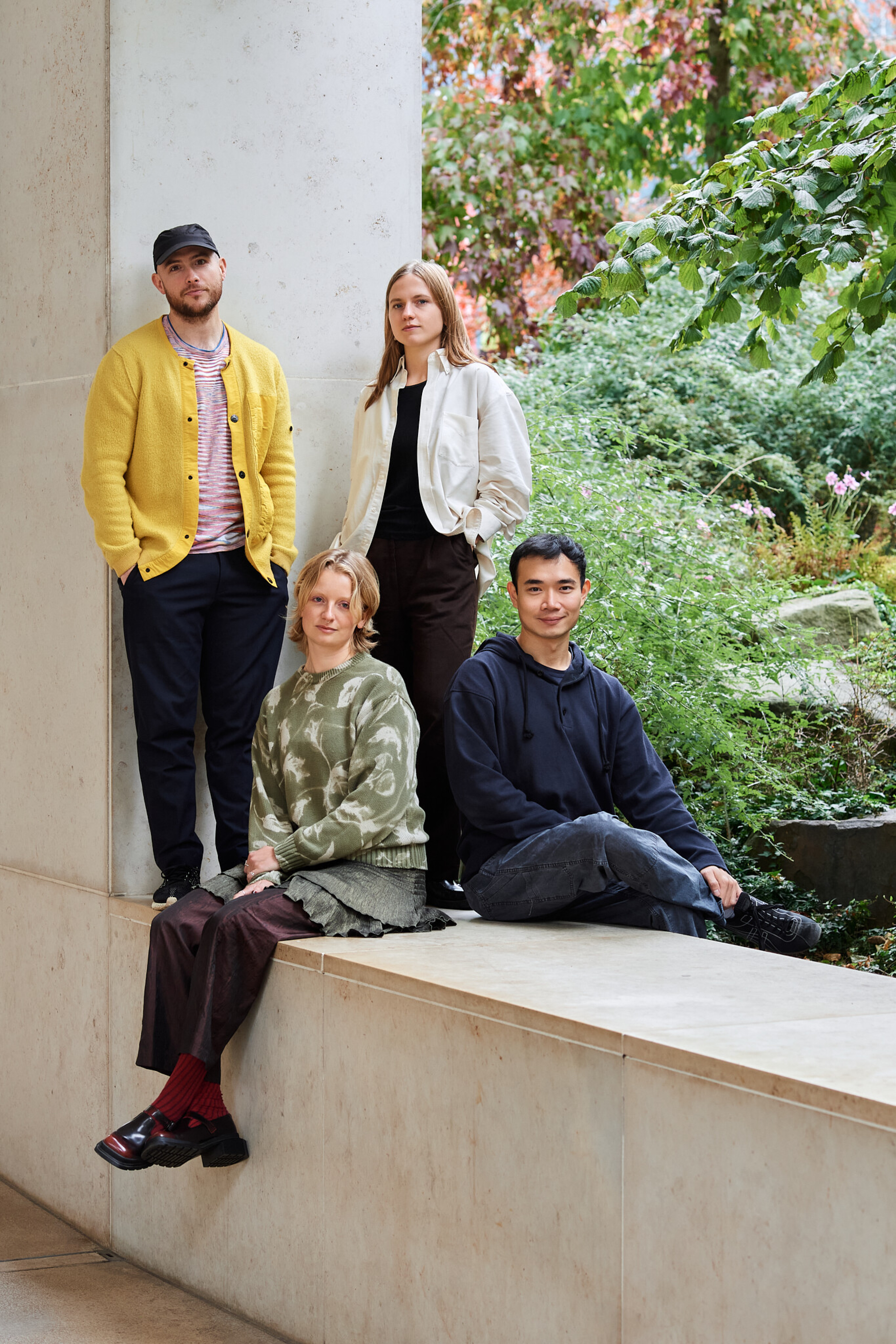
This year’s Design Researchers in Residence are Alfred Yatlong Yeung, Elise Limon, Rafael El Baz and Rosa Whiteley. The cohort come from a variety of design specialisms, reflected in the diversity of their responses to the brief. Their projects will look at a broad range of topics including the reemergence of lithium mining in Cornwall, stores of Critical Raw Materials in our built environments, reuse strategies for silica waste and the future of the UK’s chalkland landscapes.
Each of the 2025/6 residents' projects respond to the theme of 'mineral’, critically interrogating the UK’s mineral landscapes. This is situated in the context of growing global demand for critical minerals, which are needed for renewable energy systems. By 2040, the International Energy Agency (IEA) estimates that demand for key minerals – such as lithium, cobalt and rare earth elements – will be four times higher than today, making their sustainable acquisition crucial for the UK’s net zero goals.
This residency will create space for the hugely necessary practices of mutual learning and knowledge sharing by deepening material literacy and collaboration. It will culminate in a free publication and display, opening at the Design Museum in June 2026, where visitors will be able to engage with impactful new thinking that centres design in the green transition.
Design Researchers’ biographies:
Alfred Yatlong Yeung is an architect and writer working at the interface between fiction and reality. His practice explores changes in cultural identities resulting from material extraction and the market-led drive for environmental sustainability. This has been shaped by his MPhil at the University of Cambridge and his current role at Eric Parry Architects, involving construction material R&D and civic projects like the shortlisted British Museum proposal. Independently, Alfred has written for publications including the Architectural Review, Architects’ Journal, Open City, and numerous London-based art magazines. He is an alumnus and mentor at the New Architecture Writers programme and was shortlisted as a 2025 AJ100 New Talent.
Responding to the UK Government’s 2030 green transition targets, Alfred’s residency will investigate the emerging landscape of lithium mining in Cornwall with a focus on South Crofty – the first Cornish mine scheduled to resume operations in 2026. With annual demand projected to reach 80,000 tons of lithium by 2030, and up to 40% potentially sourced from Cornwall, Alfred’s research explores the tensions between the UK’s renewable energy ambitions and the environmental protection of its UNESCO World Heritage Sites. Fusing real-world findings with speculative science fiction, his project will culminate in the creation of a “Digital Atlas” – an interactive map that geolocates contemporary mining operations, proposed renewable energy infrastructures and the perspectives of local residents.
Elise Limon is a writer, researcher and architectural designer based in London. Her practice explores the social, historical and political resonances of materials and landscapes, and the coalitions that can be formed across disciplinary boundaries to broaden the impact of design research. Elise holds an M.Arch from Yale University and a BA in Architecture from the University of Cambridge. She has taught Advanced Design Studio and History and Theory seminars at Yale, where she held the position of Critic and Housing Fellow at The Yale Urban Design Workshop. She is currently an architectural designer at Feilden Fowles, working on the design of a new educational space for Tate Britain.
Responding to the UK’s Net Zero goals, Elise’s residency will investigate how the minerals embedded in our built environment can offer material, cultural and economic blueprints for the energy transition. Focusing on copper – integral to the British Arts and Crafts movement and contemporary electrical infrastructures – Elise will identify the metal’s presence in everyday objects, architecture and urban systems. Engaging with the landscapes of its extraction, the by-products of its processing, acts of piracy and economies of salvage, Elise will advocate for a “mineral commons” – reframing mineral waste as a key component within the circular economy.
Rafael El Baz is a designer and artist working at the intersection of material research, traditional craft and contemporary fabrication. His practice transforms overlooked materials and industrial remnants into works that carry narrative, preserve local histories and foster connection with community. Drawing on his background in industrial design, Rafael’s work ranges from the creation of bespoke objects to large-scale public realm commissions with clients including the V&A, HS2 and the Craft Council. He is co-founder of GoodWaste and HereUs and his work has been featured in Forbes, Culturalee, The Evening Standard, Vogue and Dezeen.
Rafael’s residency will investigate the potential of slag – an abundant yet largely overlooked by-product of glass production – as a raw material for designers. Working in collaboration with a factory in West London that generates nearly two tonnes of silica waste each month, Rafael will test how this material can be diverted from landfill or downcycled into concrete – ready to be transformed into new materials, objects and architectural components. Alongside material development, Rafael will explore how these processes can be scaled up into viable reuse strategies for reclaimed minerals and industrial by-products. His research will expose the absurdities of waste streams and reposition slag as a resource for regenerative futures.
Rosa Whiteley is a designer, writer and researcher. Her practice explores the intersection of architecture, food systems, critical ecology and atmospheric politics, often relating to a specific site or resource. Drawing on her background in architectural design, Rosa is an Assistant Lecturer at the Royal College of Art and Central Saint Martins. Since 2021, she has been Director of Material Research at CLIMAVORE CIC and between 2021-25 she was lead researcher and project manager at Cooking Sections. Earlier this year, Rosa co-founded TUFF – a design and research group based in London. She was a 2025 Research Fellow at Onassis AiR in Athens and took part in the Groundwork Gallery Fluid Earth residency in Kings Lynn.
Rosa’s residency at the Design Museum will investigate the infrastructural properties of chalk – a sedimentary mineral-based rock that stores and filters freshwater. Chalk aquifers supply millions of people across southern England and sustain rare chalk streams, yet they are increasingly threatened by excessive consumption, pollution and human intervention. Through fieldwork, community engagement and material experimentation, Rosa will explore the future of the UK’s chalkland landscapes. Her research will cover the impact of privatised infrastructures, water transfer projects and replenishment schemes whilst exploring hydrological designs for retaining water amid growing scarcity – addressing urgent questions around resource management and climate adaption.
